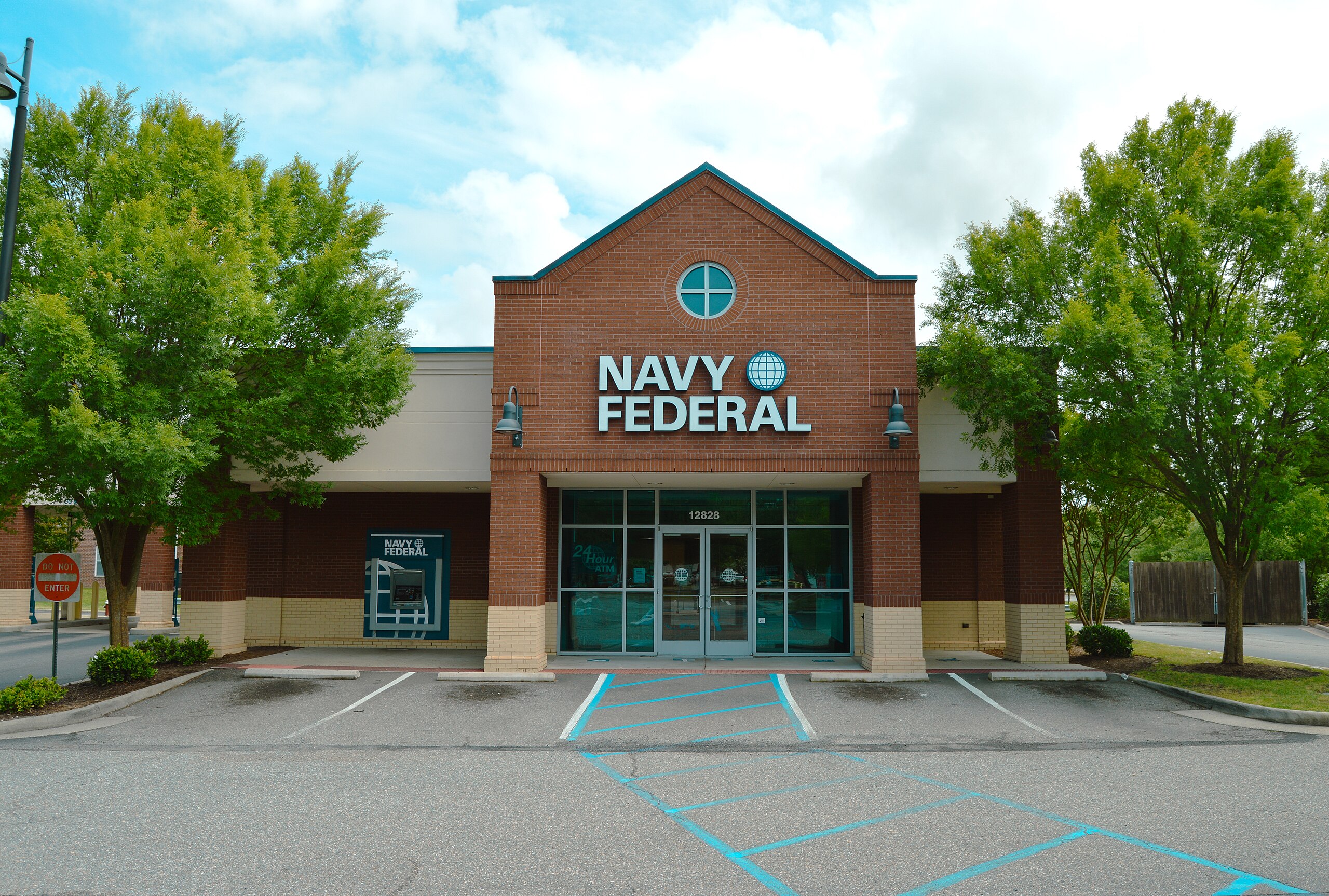-and-
Agency bans nation’s largest credit union from charging certain overdraft fees going forward.
Source: Consumer Financial Protection Bureau
Photo Courtesy Wikipedia
Today, the Consumer Financial Protection Bureau (CFPB) took action against Navy Federal Credit Union for charging illegal overdraft fees. From 2017 to 2022, Navy Federal charged customers surprise overdraft fees on certain ATM withdrawals and debit card purchases, even when their accounts showed sufficient funds at the time of the transactions. The CFPB is ordering Navy Federal to refund more than $80 million to consumers, stop charging illegal overdraft fees, and pay a $15 million civil penalty to the CFPB’s victims relief fund. This is the largest amount the CFPB has ever obtained from a credit union for illegal activity.

“Navy Federal illegally harvested tens of millions of dollars in junk fees, including from active duty servicemembers and veterans,” said CFPB Director Rohit Chopra. “The CFPB’s work to rid the market of illegal junk fees has saved American families billions of dollars.”
Navy Federal Credit Union is the largest credit union in the United States, with headquarters in Vienna, Virginia. The credit union serves active duty military members, veterans, Department of Defense civilian employees, and their families. As of December 2023, Navy Federal had more than $171 billion in assets and more than 13 million members. Navy Federal has 355 branches worldwide, including 175 branches on or near military installations and 26 on overseas military bases.
OOPS
Through its “Optional Overdraft Protection Service,” known as “OOPS,” Navy Federal charged consumers $20 for most overdraft transactions. The credit union collected nearly $1 billion in overdraft fees from 2017 to 2021.
Members were illegally charged overdraft fees in two ways. First, when they made purchases with their accounts showing enough money to cover the transaction, the credit union still charged them overdraft fees if the account had a negative balance once the purchase posted to the account, sometimes days later. Navy Federal collected an average of $44 million a year in these surprise fees. As early as 2015, federal regulators, including the CFPB and the Federal Reserve, began cautioning financial institutions against charging these surprise overdraft fees.
Second, when customers received money though payment services like Zelle, PayPal, and Cash App, Navy Federal’s systems showed the money as immediately available to spend. However, the credit union failed to disclose that payments received after 10:00 am Eastern (and later, after 8:00 pm Eastern) wouldn’t actually post until the next business day. Some customers who tried to use this money were then charged overdraft fees. Through this practice, Navy Federal collected at least $4 million in fees.
-and-
The CFPB found that Navy Federal violated the Consumer Financial Protection Act through:
- Charging illegal, surprise overdraft fees on purchases made with sufficient funds: Navy Federal charged fees to consumers whose accounts showed sufficient funds when making purchases, only to charge fees when the transactions were later processed.
- Charging overdraft fees caused by delayed peer-to-peer payments with undisclosed processing times: The credit union showed incoming payments from services like Zelle, PayPal, and Cash App as available to spend, but failed to disclose that payments received after specific cutoff times would not post until the next business day, while still charging overdraft fees to some customers who attempted to use these apparently available funds.
Enforcement Action
Under the Consumer Financial Protection Act, the CFPB has the authority to take action against institutions violating consumer financial protection laws, including engaging in unfair, deceptive, or abusive acts or practices.
The CFPB’s order:
- Obtains more than $80 million in consumer redress: Navy Federal must refund overdraft fees improperly charged to affected consumers.
- Bans Navy Federal from charging certain overdraft fees altogether: The credit union can no longer charge overdraft fees resulting from insufficient funds at the time of processing despite sufficient funds when the transaction occurred or overdraft fees resulting from the delayed posting of funds received through peer-to-peer payment networks.
- Requires Navy Federal to pay a $15 million fine: Navy Federal will pay a $15 million civil penalty to the CFPB’s victims relief fund.
The CFPB has made overdraft fees a point of focus in combatting illegal junk fees. In January 2024, the CFPB proposed a rule that treats overdraft loans like credit cards and limits the overdraft fees to an established benchmark amount. In December 2023, the CFPB issued a report showing many Americans are surprised by these overdraft fees and most did not expect to receive the fee. In 2022, the CFPB also issued a circular stating that unanticipated overdraft fees are likely illegal.
Consumers can submit complaints about financial products and services by visiting the CFPB’s website or by calling (855) 411-CFPB (2372).
Employees who believe their company has violated federal consumer financial protection laws are encouraged to send information about what they know to whistleblower@cfpb.gov. To learn more about reporting potential industry misconduct, visit the CFPB’s website.





